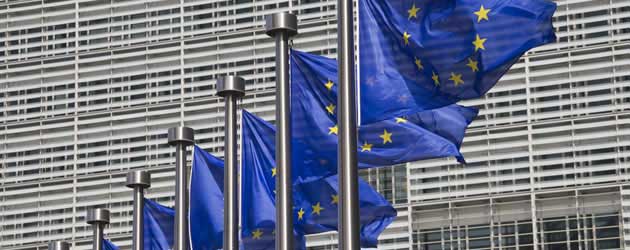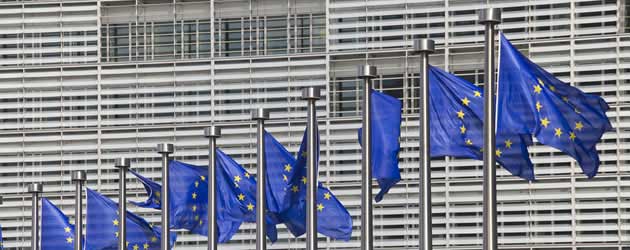
On Friday, the GBP/EUR exchange rate softened despite data showing that inflation in the Eurozone fell to a new five year low of just 0.3%, Sterling was weakened however by comments made by UK Prime Minister David Cameron.
The British Prime Minister vowed to tackle out of control immigration numbers in a speech which economists deemed could be a sign that the UK is heading closer towards leaving the European Union.
Later on Thursday the GBP/EUR exchange softened as immigration data out of the UK came in higher than forecasts, increasing concerns that support for the anti-EU UKIP would increase ahead of next May’s general election.
On Thursday the GBP/EUR exchange rate was continuing to trade in the region of 1.26 but further gains could occur if upcoming German inflation data disappoints and heightens fears over low inflation in the Eurozone.
The Pound continued to strengthen against the Euro and advanced to a two-week high as European Central Bank Vice President Vitor Constancio said that the bank will consider introducing quantitative easing next quarter if current measures fail to stimulate the economy.
The Pound to Euro (GBP/EUR) exchange rate was hovering around the 1.26 level on Wednesday as UK third quarter GDP data failed to impress and as consumer confidence, data out of France came in better than forecast.
According to the London based Office for National Statistics (ONS), the UK economy expanded by 0.7% in the third quarter of 2014, unchanged from an initial estimate and was in line with economist expectations. On an annual basis the UK, economy grew by 3% in the third quarter, again matching forecasts and unchanged from a preliminary reading.
Despite coming in as expected, the report weighed upon the Pound as it showed that growth was a result of the biggest increase in consumer spending in more than four years but exports and corporate investment fell.
‘The UK export sector has disappointed, hurt by both weak Euro area demand and by Sterling’s strength. Despite sharp improvements in the UK labour market, a pick-up in wage growth is only now materialising,’ said Conal Mac Coille, an economist from brokerage firm Davy.
Also putting pressure on Sterling was a part of the report, which showed that the UK’s trade balance deficit widened in the last quarter from £8.9 billion in the second quarter to £11.2 billion in the third quarter.
‘Following a 0.4% decrease in Q2 2014, exports fell by 0.4% in the latest quarter, while imports increased by 1.4%. With exports contracting and imports increasing, the net trade balance worsened when compared to the previous quarter,’ the ONS said.
The Euro received some support early in the session as data showed that consumer confidence rose unexpectedly to an eight-month high in November, adding to a modest rise in manufacturing and business optimism.
Despite that, report the Euro was treading water as market attention turns to Eurozone inflation and unemployment data due at the end of the week.

